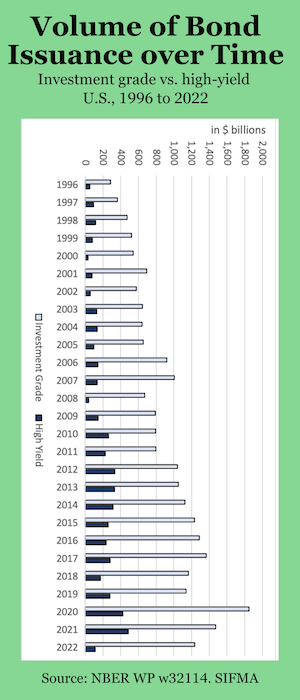Wealth managers will see differing costs and benefits from the introduction of the Department of Labor’s (DOL) “fiduciary rule,” says Fitch Ratings, which added that it’s too soon to speculate about whether the incoming Trump administration will try to reverse the Obama administration’s rule.
The new DOL rule pertaining to conflicts of interest in retirement advice is due to begin to come into effect in April 2017 and will require wealth managers to maintain a fiduciary standard for clients’ retirement accounts. Wealth managers who manage discretionary retirement accounts will be legally held to higher fiduciary standards and required to make full disclosures regarding conflicts of interest and fees.
In response to the new rule:
- Bank of America and JP Morgan Chase have announced that they will move to a purely fee-based model for retirement accounts with set fees charged as a percentage of assets.
- Wells Fargo recently announced that it would continue to allow brokers to charge per-transaction commissions.
- Morgan Stanley and Edward Jones have also announced that they would maintain commission-based compensation models for retirement accounts.
Depending on whether they pursue a fee-only or commissions model in response to the DOL rule, wealth managers may benefit or suffer, said a Fitch release.
“Switching to fee-based compensation will mean a simpler product structure and would make revenue generated from these accounts more recurring and potentially more predictable,” the release said.
“A fee-based structure could also mean less opportunity for brokers to overtrade client accounts, thus reducing potential legal liability from the introduction of the fiduciary standard. However, these financial institutions could risk losing brokers or smaller clients who do not benefit directly from the introduction of fees.
“Those institutions sticking with commissions will see greater broker retention. It will be more cost-effective for clients who have limited trades per year. However, interactions and account orders will need to be well documented to ensure higher compliance standards are met, and this will come with greater operational, compliance and legal costs.
“Notably, the potential cost of noncompliance could be a significant legal liability. The DOL rule could also have indirect effects on segments of the financial industry not directly targeted by the rule. Investment managers could face further outflows from actively managed products in favor of passive products deemed to more easily satisfy the fiduciary standard.
“That could pressure investment managers’ fee rates. Insurers too could see an increase in compliance costs from the DOL rule as well as changes in some sales practices, although Fitch maintains that the rule is ratings neutral for that sector.”
© 2016 RIJ Publishing LLC. All rights reserved.


